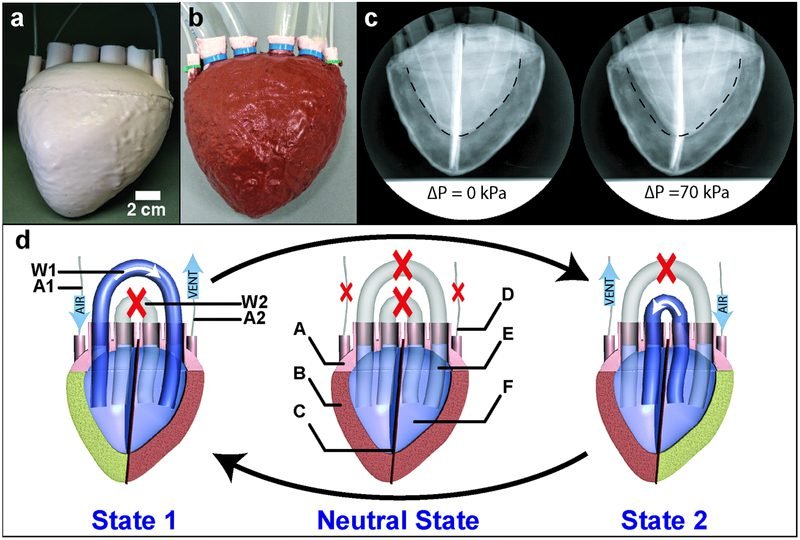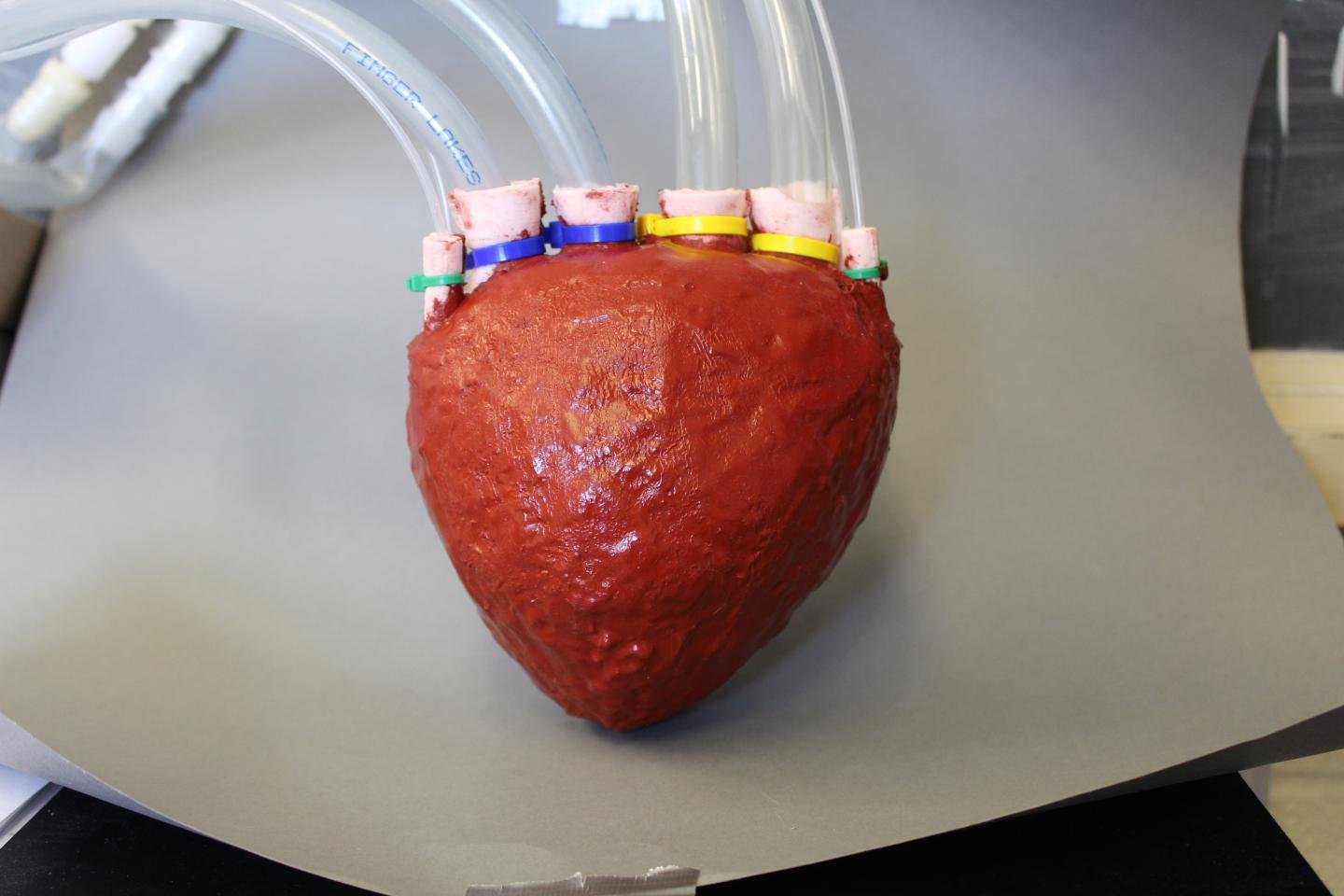An artificial heart has been created using new lightweight and stretchable foam by a team of researchers from Cornell University. Known as Elastomer Foam, the lightweight polymer foam has a consistency much akin to memory foam. Being lightweight and highly stretchable, the foam has wide applications in making artificial organs, prosthetic parts and robotics.
The striking part of the foam is that it features pores allowing fluids to be pumped through it. The polymer foam begins in a liquid form and can be poured into a mould to create shapes. Because it has pathways, when liquid or air is pumped into it, the material moves and can stretch by more than 300 percent.
According to Rob Shepherd, an assistant professor of mechanical and aerospace engineering at Cornell said that this material was used since it has got the scope of getting approval from the US FDA.
Rob adds that the heart that they have created is composed of poroelastic silicone and is much akin to the memory foam mattress. The material can be patterned with the help of additive manufacturing to create a machine that pumps much like a human heart.

Dr. Shepherd added that the size of the pores could be adjusted to ensure more or less connectivity through the material.
The team of researchers said that they had chosen the human heart because it is highly complex, and they wanted to demonstrate the capabilities of the elastomer foam.
The material will have to get the approval of the US FDA before it can be used inside the human body.
At present, the researchers are working on the biocompatibility of the material while at the same time also working on its use in making prosthetic.
















